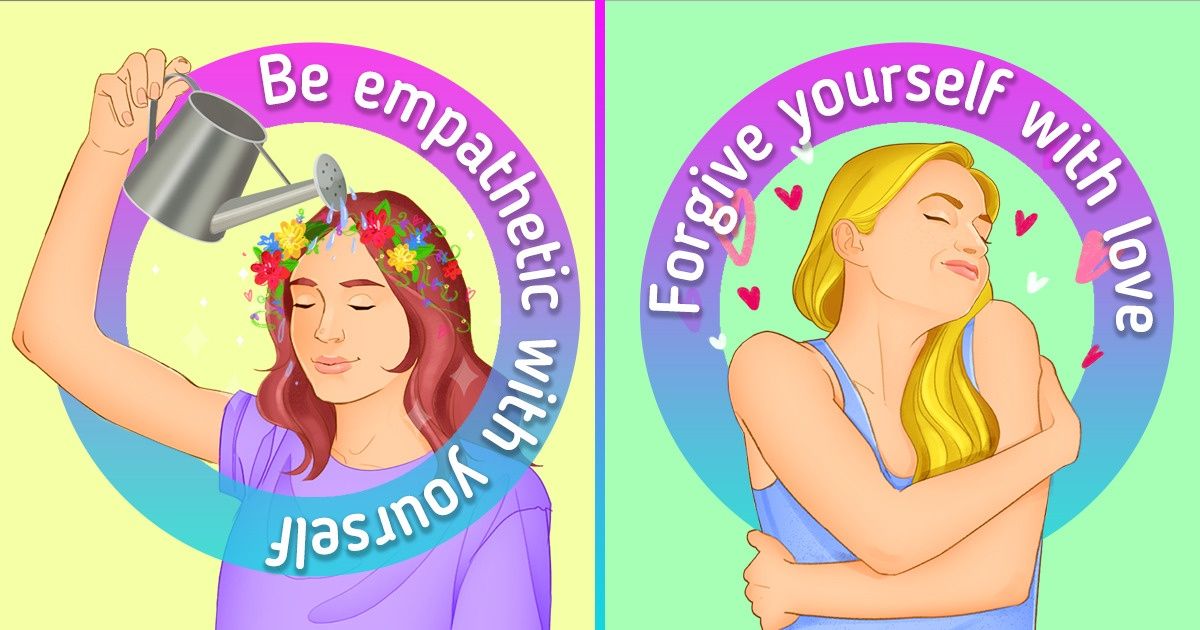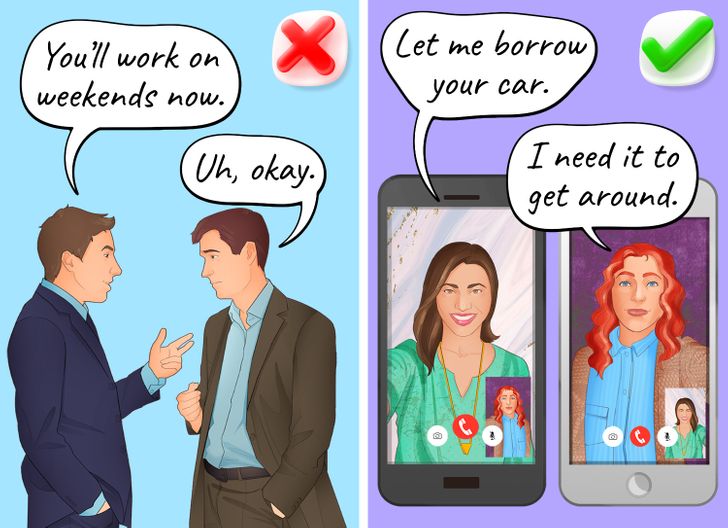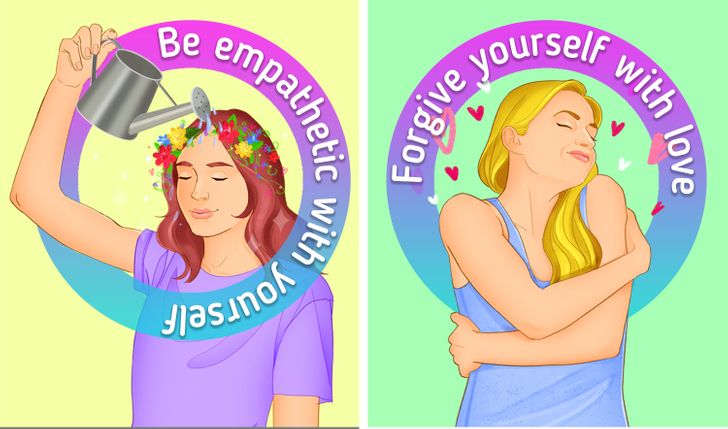5 Ways to Improve Your Self-Esteem

Self-esteem is the mental and emotional state we have toward ourselves. We should foster it on a daily basis in order to face a better attitude to the challenges that arise in our lives, without becoming demotivated.
5-Minute Crafts will offer you 5 keys so that you can evaluate them, put them into practice, and thus strengthen your self-esteem.
1. Focus on your strengths

To build your self-esteem, look inside yourself, highlight your strengths, and accept your weaknesses.
- Reflect on your battles and lessons learned from your own mistakes.
- Identify those personal goals you have achieved throughout your life, like completing your college degree, learning to cook, or mastering a new language, as well as when you trained for and competed in a marathon.
- Consider which positive actions led you to those small or big achievements and be consistent with yourself.
2. Transform your negative thoughts into rational responses.
- Avoid letting your “inner voice” become your worst critic, emphasizing negative thoughts over and over again.
- Keep in mind that our “inner self” is often irrational and we tend to misinterpret our actions and those of others. For example, when a friend or your partner doesn’t write back, you think they don’t want to when maybe it’s because they are really busy.
- Rationalize your negative thoughts and ask yourself if what you think is real or an assumption. Then translate your thoughts into rational responses.
3. Face your fears and self-criticism.

- Most of the time, our own fears and prejudices are the biggest obstacle to living a fulfilling life.
- Ask yourself what you fear and have an internal conversation. Determine if what distresses you is real or if you are limiting yourself.
- Trust yourself and stop criticizing yourself for situations that have already happened. Turn them into learning moments.
- Encourage yourself and celebrate what you can change and what you can work with.
4. Set limits and say “no” whenever you want to.

- Love yourself by setting boundaries for yourself and those around you. Say “no” to everything that affects you negatively — physically, emotionally, or spiritually.
- This practice is perhaps the most difficult to carry out since we tend to believe that by denying our time or help to someone we become bad people.
- Keep in mind what brings you peace. With that in mind, you will be able to decide more clearly.
5. Forgive yourself by having self-compassion.

- As human beings, we can be very hard on ourselves. Be kind to yourself, forgive yourself for those mistakes you have made, and don’t punish yourself by judging yourself harshly.
- Use the same empathy you would use with someone you love and respect. If a friend or family member presented you with a conflict, you would give them your support and understanding, instead of criticizing them. Apply the same to yourself.
- Be aware that your problems are temporary and do not define who you are. Reconfirm yourself by understanding that to err is human and that you can try again.
Bonus: Accept compliments
- If someone gives you a compliment, whether it’s about the look you’re wearing, a piece of advice you gave, or a job you’ve done, don’t deny it and be grateful for it. Accept that others see qualities in you that they want to highlight.
- Do the same often. You don’t know when a compliment will lift the spirits of someone who needs it. Maybe it will even help brighten their day.
Share This Article

